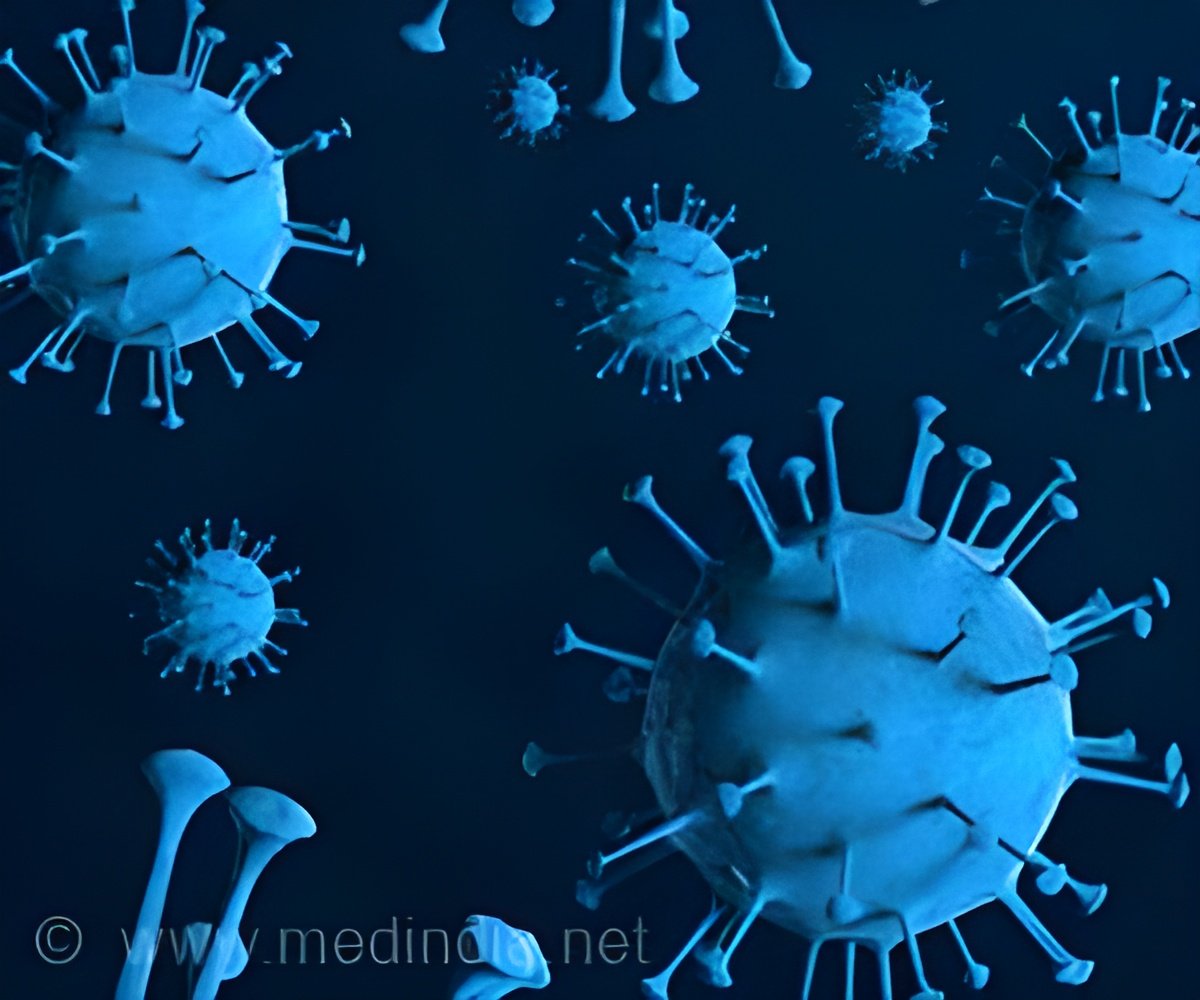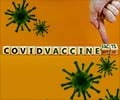A new study finding tells us that by focusing on antibodies that target these highly conserved sites on the COVID-19 spike protein, there is a way to overcome the evolving variants including omicron.

‘Researchers identified four classes of antibodies that retained their ability to neutralize omicron and other COVID-19 variants.’





The omicron variant has 37 mutations in the spike protein, which it uses to latch onto and invade cells. This is an unusually high number of mutations.It is thought that these changes explain in part why the variant has been able to spread so rapidly, to infect people who have been vaccinated, and to reinfect those who have previously been infected.
To assess the effect of these mutations, researchers engineered a disabled, nonreplicating virus, called a pseudovirus, to produce spike proteins on its surface, as coronaviruses do.
They then created pseudoviruses that had spike proteins with the omicron mutations and those found on the earliest variants identified in the pandemic.
Researchers first looked to see how well the different versions of the spike protein were able to bind to a protein on the surface of cells, that the virus uses to latch onto and enter the cell. This protein is called the angiotensin-converting enzyme-2 (ACE2) receptor.
Advertisement
They also found that the omicron version was able to bind to mouse ACE2 receptors efficiently, suggesting omicron might be able to “ping-pong” between humans and other mammals.
Advertisement
They found that antibodies from people who had been infected by earlier strains and from those who had received one of the six most-used vaccines currently available all had reduced ability to block infection.
Antibodies from people who had previously been infected and those who had received the Sputnik V or Sinopharm vaccines as well as a single dose of Johnson & Johnson had little or no ability to block – or “neutralize” – the omicron variant's entry into cells.
Antibodies from people who had received two doses of the Moderna, Pfizer/BioNTech, and AstraZeneca vaccines retained some neutralizing activity, albeit reduced by 20- to 40-fold, much more than any other variants.
Antibodies from people who had been infected, recovered, and then had two doses of the vaccine also had reduced activity, but the reduction was less, about fivefold, clearly demonstrating that vaccination after infection is useful.
Antibodies from people, in this case, a group of renal dialysis patients, who had received a booster with a third dose of the mRNA vaccines produced by Moderna and Pfizer/BioNTech showed only a 4-fold reduction in neutralizing activity.
The only exception was an antibody called sotrovimab, which had a two- to three-fold reduction of neutralizing activity.
These findings show that antibodies can neutralize via recognition of conserved areas in so many different variants of the COVID-19 and also suggest that designing vaccines and antibody treatments that target these regions could be effective against a broad spectrum of variants that emerge through mutation.
Source-Medindia















